Vitamin A is one of the most widely acknowledged nutrients needed for clear, acne-free skin.
What Is Vitamin A?
Vitamin A is a fat-soluble vitamin that stimulates the production of new skin cells, reduces inflammation, and supports the immune system to speed healing.
The two main types of Vitamin A in the human diet are:
1. Retinoids or preformed vitamin A, which are found naturally in animal products such as beef liver, poultry, and fish. With the exception of beef liver, though, animal products are not a substantial source of Vitamin A.
For example, a serving of herring contains just 7% of your daily recommended intake, while a serving of chicken breast offers just 1%. (1)
2. Carotenoids or provitamin A, which are found naturally in plant foods such as vegetables and fruit. Provitamins are substances that the body converts into a vitamin after ingestion. For example, your body converts beta-carotene (a carotenoid) into Vitamin A.
Plant-based foods are a much more abundant source of Vitamin A, with a 1 cup serving of sweet potato, spinach, kale, or carrots providing well over your 100% of your daily recommended intake. (2)
Does a Vitamin A Deficiency Cause Acne?
A Vitamin A deficiency has been associated with acne. The worse the deficiency, the worse the acne. (3)
In one study which included 200 adults, vitamin A levels in those with acne were about 20% lower than those with clear skin (4).
Other signs of a Vitamin A deficiency include dry and scaly skin (anywhere on the body), raised bumps on the back of the arms, dry hair, and brittle nails that are more likely to break.
Benefits Of Vitamin A For Acne
Relieves Inflammation
Vitamin A is a powerful anti-inflammatory agent that plays a key role in preventing and reversing acne. (5)
Promotes Cell Turnover
Vitamin A plays a critical role in healthy skin by promoting cell turnover. It’s important that your skin efficiently shed old, damaged skin cells to allow for new, healthy skin cells to grow. (6) This helps prevent clogged pores and blemishes.
Heals Wounded Tissue
Vitamin A is a critical nutrient for a healthy immune system and has been shown to promote wound healing. (7) Consuming an adequate amount of Vitamin A may help your breakouts heal faster – including the ones that have been popped.
How Much Vitamin A Do You Need Daily?
The recommended daily intake of vitamin A is 900 micrograms (mcg) / 3000 IU for adult men and 700 mcg / 2310 IU for adult women. If you’re consuming it primarily through plant-based foods, there is no harm in consuming more.
Top Vitamin A Foods For Acne
In general bright orange vegetables and dark leafy greens are excellent sources of beta-carotene. So, when in doubt or eating out, choose veggies in those colors to add to your plate.
Orange Foods for Acne-Free Skin
The below figures are based on a 1 cup serving, either chopped or cubed.
- Sweet Potato – 1 cup cubed, cooked – 38433 IU – 769% DV
- Butternut Squash – 1 cup cubed, cooked – 22869 IU – 457% DV
- Carrots – 1 cup chopped – 28383 IU – 428% DV
- Winter Squash – 1 cup cubed, cooked – 10708 IU – 214% DV
- Cantaloupe – 1 cup cubed – 5412 IU – 108% DV
- Red Kuri Squash – 1 cup, cubed 840 IU – 94% DV*
- Red Bell Peppers – 1 cup chopped – 4666 IU – 93%DV
- Orange Bell Peppers – 1 cup 630 IU – 70%DV *
- Apricot – 1 cup, halves – 2985 IU – 60% DV
Green Foods for Acne-Free Skin
The below figures are based on a 1 cup serving, chopped.
With dark leafy greens, you can easily consume 3-5 cups at a time. For example, a salad is typically 3-4 cups of greens, and sauteed or cooked greens are easily 4-5+ cups, as they cook down quite a bit. Aim to eat dark leafy greens every single day.
- Spinach – 1 cup cooked – 18867 IU – 377% DV
- Collard Greens – 1 cup chopped & cooked – 15416 IU – 308% DV
- Beet Greens – 1 cup 1” pieces cooked – 11021 IU 220% DV
- Swiss Chard – 1 cup chopped – 10717 IU – 214% DV
- Kale – 1 cup chopped – 10302 IU – 206% DV
- Dandelion Greens – 1 cup chopped & cooked – 7171 IU – 144% DV
- Turnip Greens – 1 cup chopped – 6372 IU – 127% DV
- Mustard Greens – 1 cup chopped – 5881 IU – 118% DV
- Romaine Lettuce – 1 cup shredded – 4094 IU – 82% DV
- Broccoli – 1 cup chopped & cooked – 2412 IU – 48% DV
Source: All numbers are from Nutrition Data except for those marked with an * which are from Eat This Much
Vitamin A Supplements for Acne
While optimal levels of Vitamin A have been found to support clear skin, it’s not recommended to take Vitamin A supplements, as they are not as effective as food in clearing acne, and they can do more harm than good.
Research shows that large doses of oral vitamin A supplements don’t appear to affect acne. That may be because supplemental Vitamin A doesn’t have the same powerful antioxidant properties as foods with naturally occurring antioxidants.
Most common Vitamin A supplements are comprised of preformed vitamin A in the form of retinyl acetate or retinyl palmitate.
Vitamin A is a fat-soluble vitamin so it gets stored and builds up in the body. Consuming too much preformed Vitamin A from supplements or medications leads to a build-up that becomes toxic and causes adverse effects, including dizziness, nausea, headaches, coma, and even death. (8)
Consuming excessive levels of carotenoids in food, such as beta-carotene or other forms of provitamin A can turn the skin yellow-orange, but it’s harmless and temporary. High intakes of provitamin A are not toxic. You can find some supplements made with beta-carotene (provitamin A), more likely in health food stores, however, we still recommend eating whole foods to meet your daily requirements.
Clear Skin Recipes High in Vitamin A
Garlic Sautéed Chard (<10 min)
Baked Sweet Potato Fries
Kale & Chickpea Stuffed Sweet Potatoes
Avocado & Kale Salad with Chickpea Croutons
Carrot Ginger Soup
A Note on Isotretinoin (Accutane): Synthetic Vitamin A
There’s no denying that Vitamin A is a key nutrient needed for healthy skin. That may be why the most powerful “gold standard” pharmaceutical prescribed to treat acne is isotretinoin (also known by the brand name Accutane), which is a form of synthetic oral Vitamin A.
Unlike natural, food-derived vitamin A, this form of Vitamin A comes with a long list of serious potential side effects including long-term digestive issues, birth defects, depression, and suicidal thoughts (9). If you’re looking for a safer alternative to isotretinoin for clearing acne, look to your diet first!
The Clear Skin Plan has successfully helped hundreds of people clear up their acne through dietary and lifestyle changes. It’s worked for people who were prescribed Accutane but opted not to take it because of the side effects (including me) and even for those who have taken Accutane and their acne relapsed (like my now husband).


It’s worked for people who have struggled with acne for years, and even decades, when nothing else has worked. When you pinpoint the root causes of your acne (usually some combination of malnutrition, inflammation, gut dysbiosis, hormonal imbalance, and stress), then you can adapt your food and habits to bring your body back into balance.
If you are ready to get to the root cause of your acne, and clear your skin from within, start the Clear Skin Plan today.

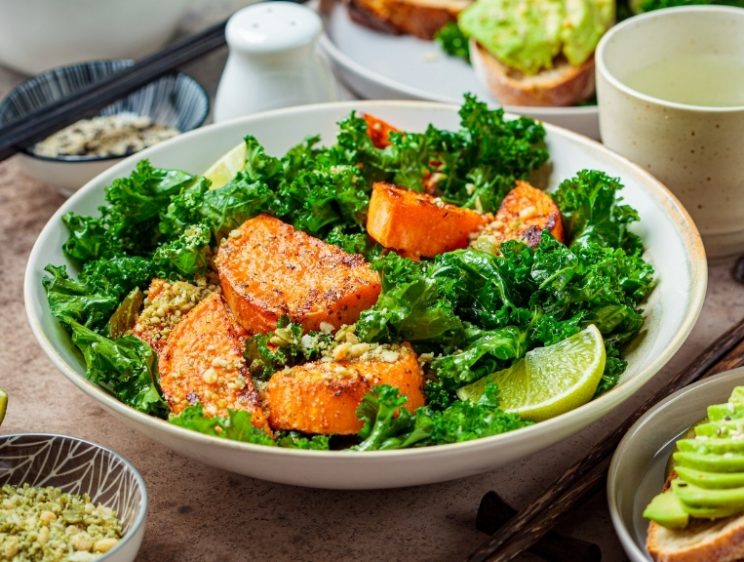
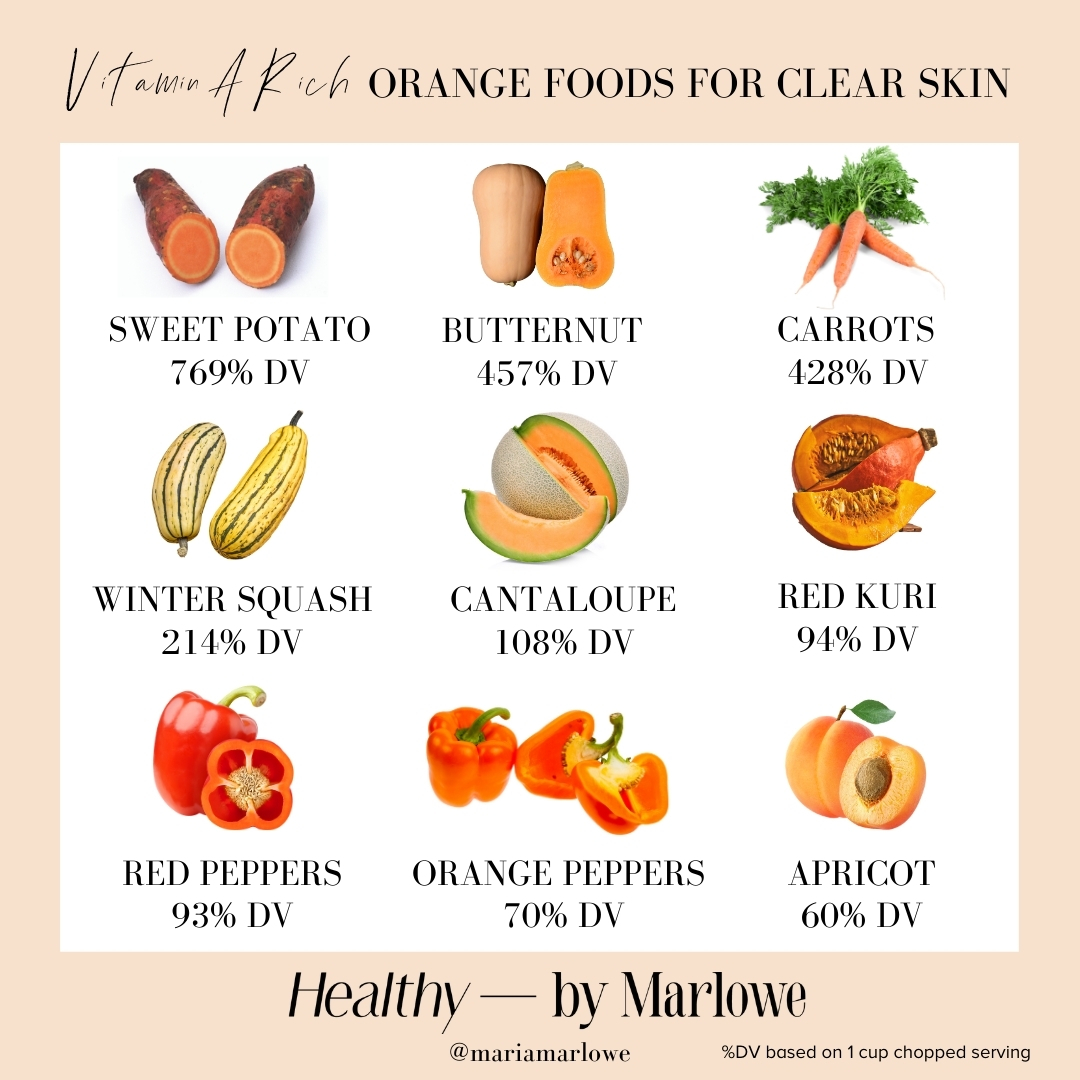
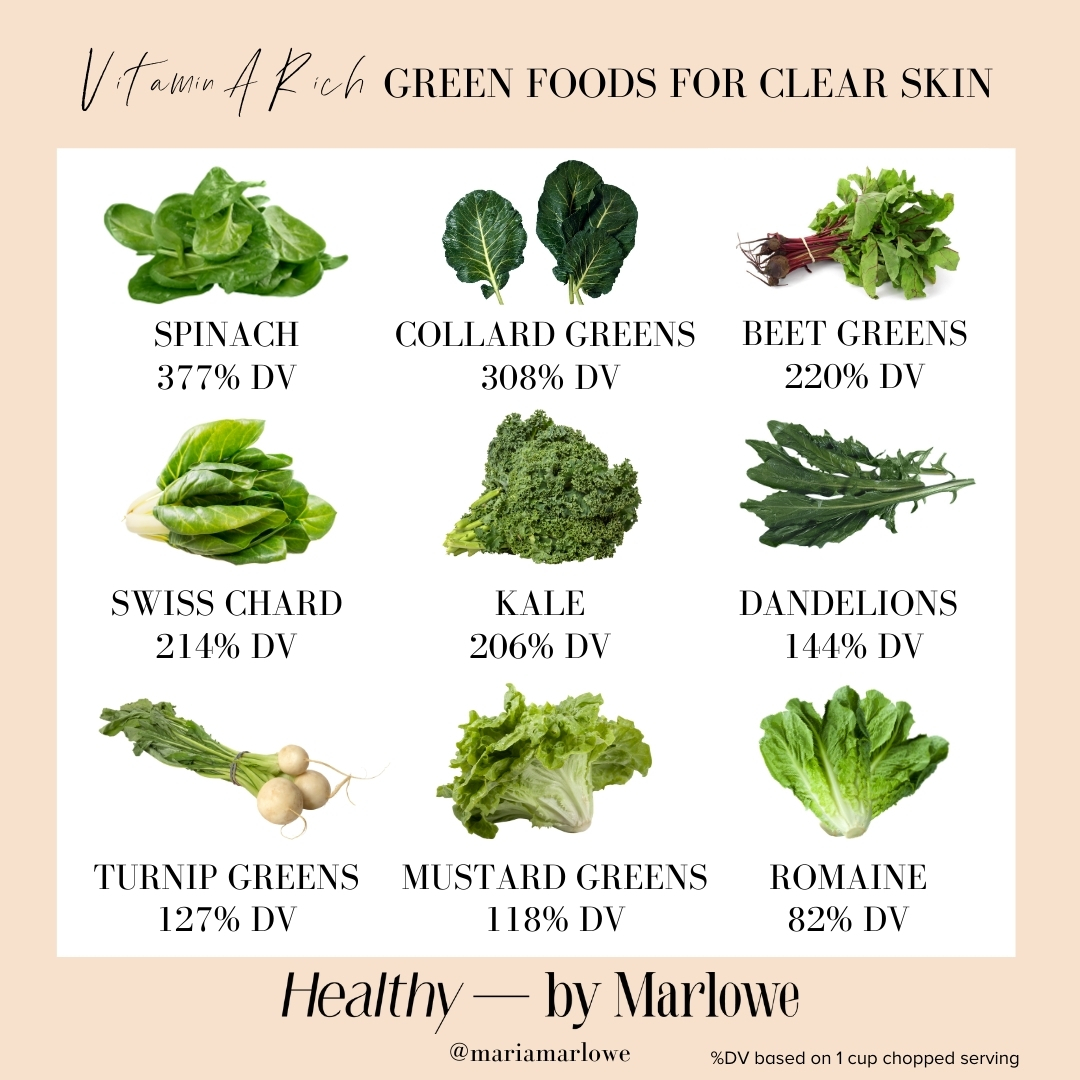
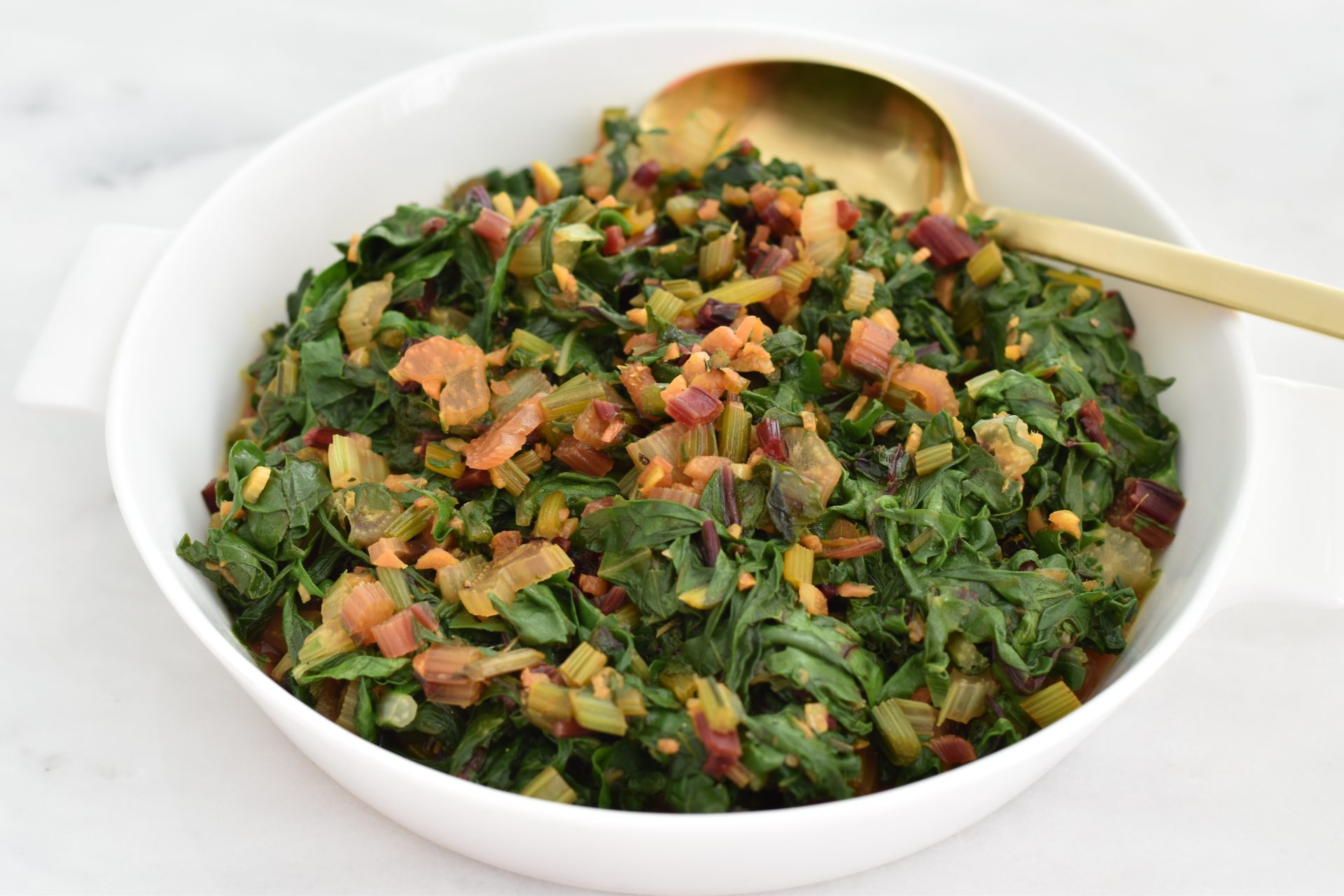
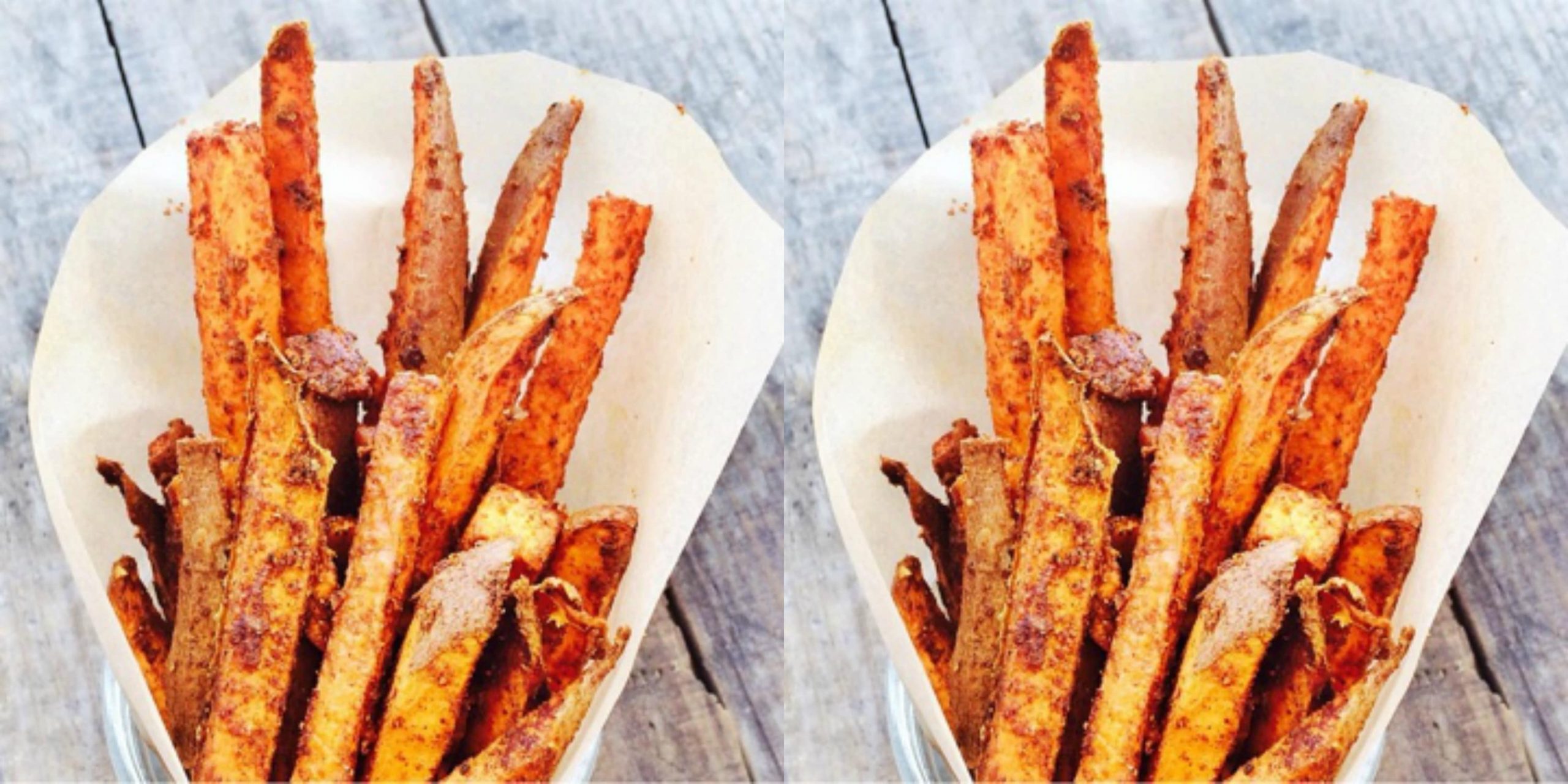
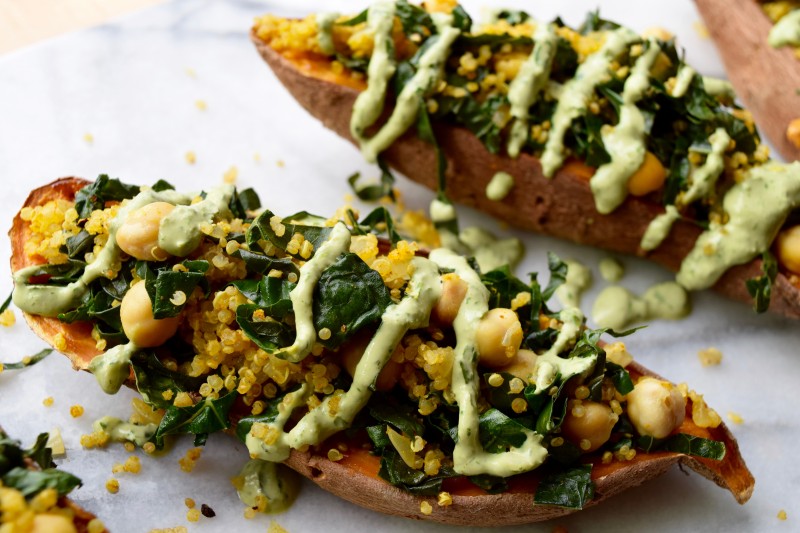

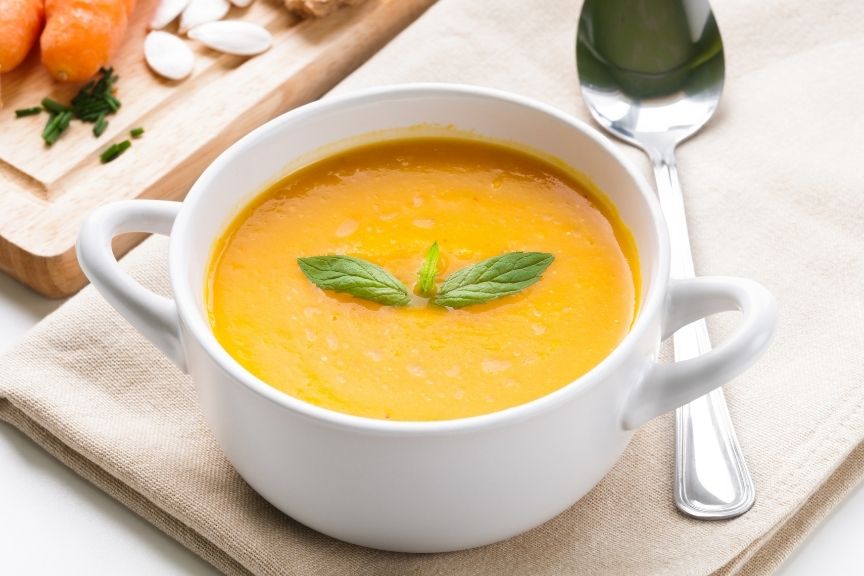

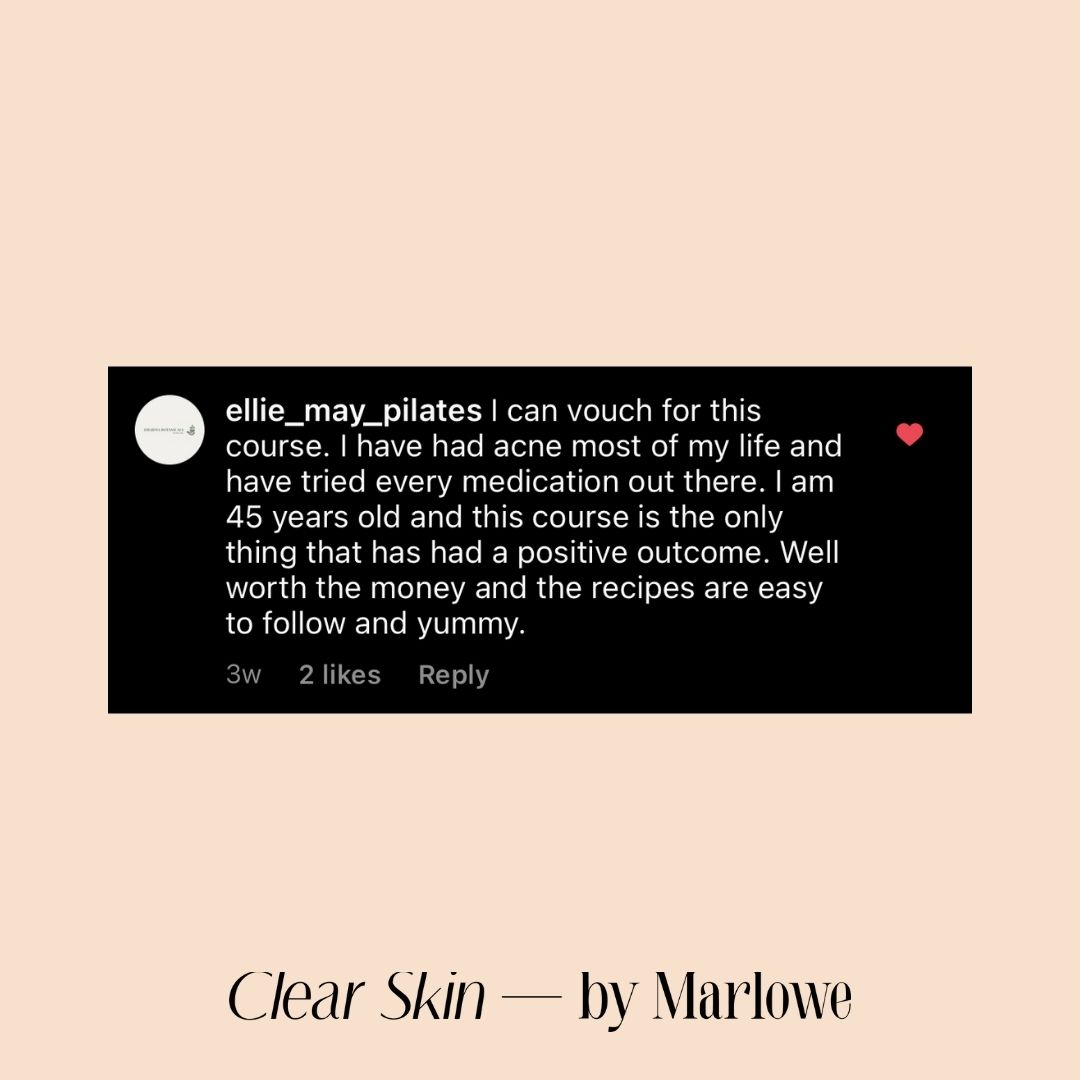


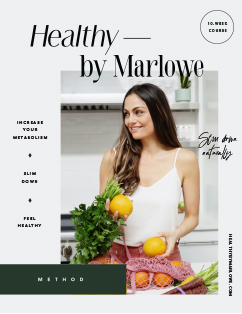

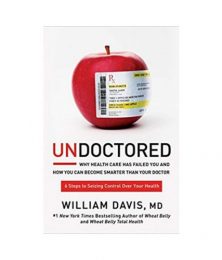
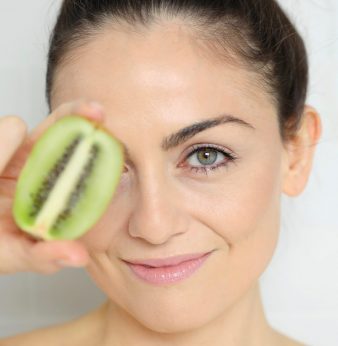

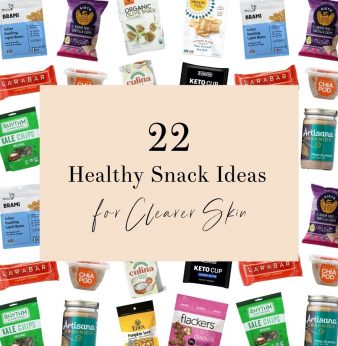



No Comments